

Աշխատանք և կարիերա
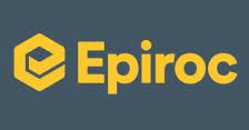
Assistant to Service Manager
Wayland Armenia
26 Հուլիս 2024
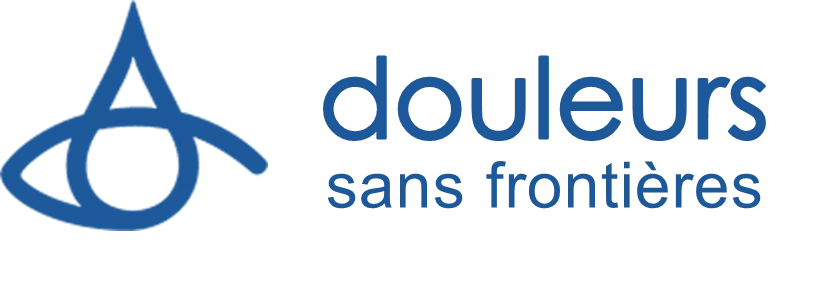
Mental Health Programme Coordinator
Douleurs Sans Frontières
26 Հուլիս 2024

Վարորդ-առաքիչ
Grand Candy
25 Հուլիս 2024

Պրեսելլեր
Grand Candy
25 Հուլիս 2024

Consultant for Reviewing and Updating the National OSH Profile, Armenia
International Labour Organization
24 Հուլիս 2024

Բժշկական Ներկայացուցիչ
GMPharmaceuticals
23 Հուլիս 2024

Gender Specialist
Strategic Development Agency
23 Հուլիս 2024
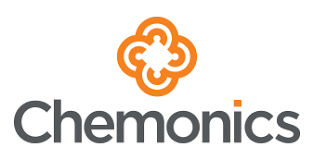
Data Systems Specialist
Chemonics International Inc
23 Հուլիս 2024
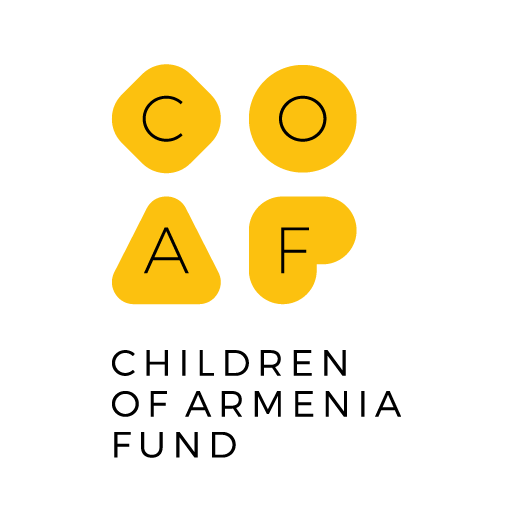
Videographer
Children of Armenia Charitable Fund
22 Հուլիս 2024

English Teacher in China
ETGA s.r.o
22 Հուլիս 2024

Ցանցային Վաճառքի Համակարգող
Երևանի Գարեջուր
22 Հուլիս 2024
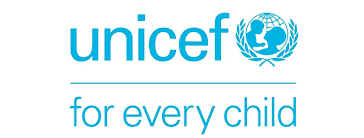
Adolescent Development and Participation Officer
UNICEF
22 Հուլիս 2024

Արցախից Բռնի Տեղահանված, Կոտայքի Մարզում Բնակություն Հաստատած Անձանց Կարի Արտադրության Ոլորտի «Դերձակ» Մասնագիտությամբ Կարճաժամկետ Դասընթացի Կազմակերպման և Անցկացման Մրցույթ
Հայկական բարեգործական ընդհանուր միություն (ՀԲԸՄ)
22 Հուլիս 2024

Արցախից Բռնի Տեղահանված Անձանց Աշխատաշուկայում Մրցունակությանն Ուղղված Փափուկ (soft) Հմտությունների Զարգացման Ծառայությունների Մատուցման Մրցույթ
Հայկական բարեգործական ընդհանուր միություն (ՀԲԸՄ)
22 Հուլիս 2024

Արցախից Բռնի Տեղահանված Անձանց Մասնագիտական Ուսուցման և Վերապատրաստման, Որակավորման Նախապատրաստման Դասընթացների Կազմակերպման և Անցկացման Ծառայությունների Մրցույթ
Հայկական Բարեգործական Ընդհանուր Միություն (ՀԲԸՄ)
22 Հուլիս 2024

Monitoring, Evaluation, and Learning (MEL) Officer
Democracy International
22 Հուլիս 2024

M&E Focal Point to MLSA for Coordinating M&E Structural Units
Democracy International
18 Հունիս 2024

Solicitation for a Cooperating Country National Personal Service Contractor (CCNPSC) for the FSN-09 Acquisition and Assistance (A&A) Assistant (under the Local Compensation Plan)
USAID Armenia
22 Հուլիս 2024
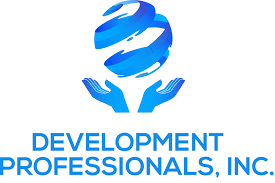
Provision of Legal English Instructors for the Brown Mosten Summer Camp - USAID/Armenia Justice Sector Support Project
Development Professionals Inc.
22 Հուլիս 2024

Cashier
EvocaBank
19 Հուլիս 2024

Teller/ Lunch Cover
EvocaBank
19 Հուլիս 2024

Մենեջեր
Tumanyan Shaurma
19 Հուլիս 2024

Deputy Director
RSM International
19 Հուլիս 2024
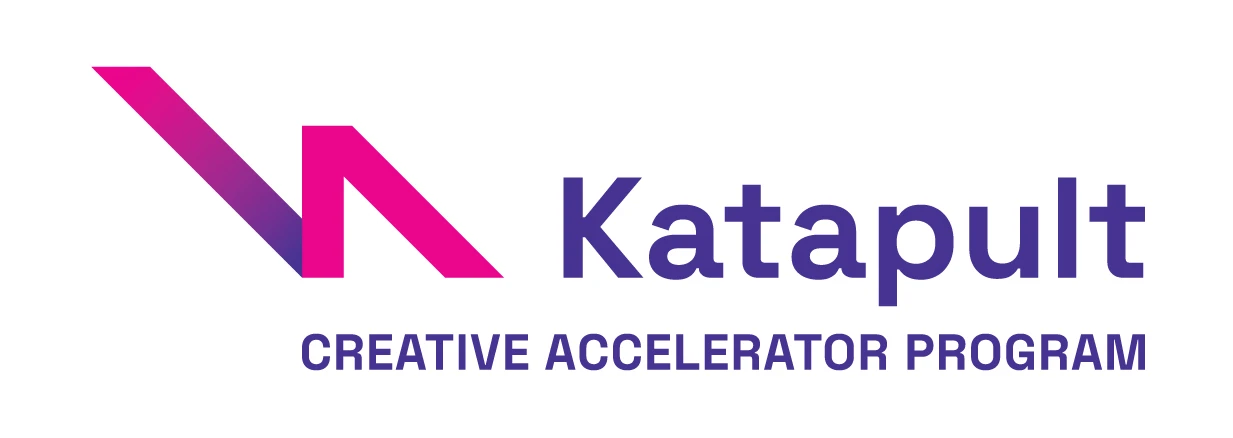
Monitoring and Evaluation Specialist for "Katapult Creative Accelerator Program"
AGBU Armenia
19 Հուլիս 2024
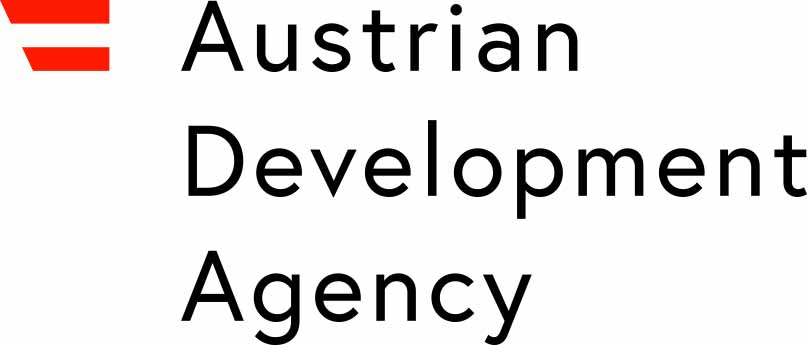
Finance Officer
Austrian Development Agency
19 Հուլիս 2024

Research Capacity Building For Civil Society Organisations Project
Democracy International
18 Հուլիս 2024

Կոմերցիոն Բաժնի Պետի Տեղակալ
Երևանի Գարեջուր
18 Հուլիս 2024
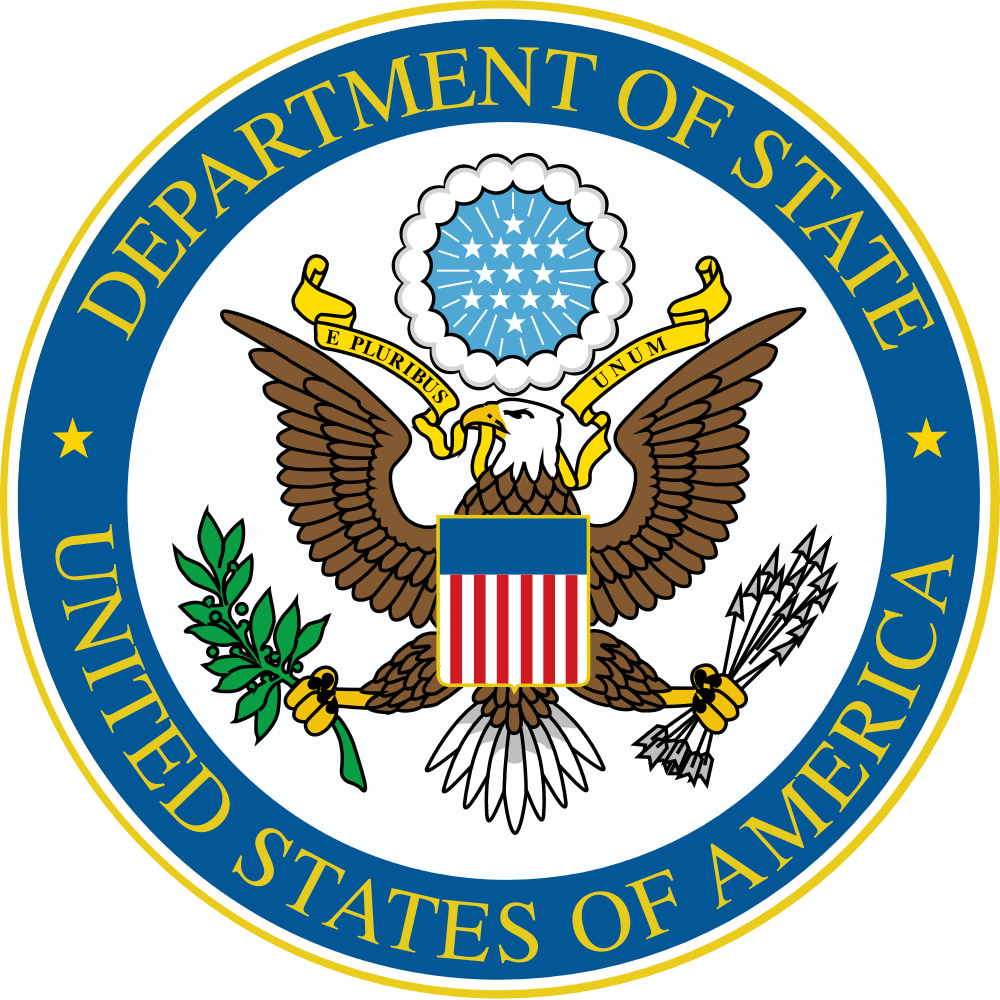
Chauffeur
U.S. Embassy Yerevan
17 Հուլիս 2024
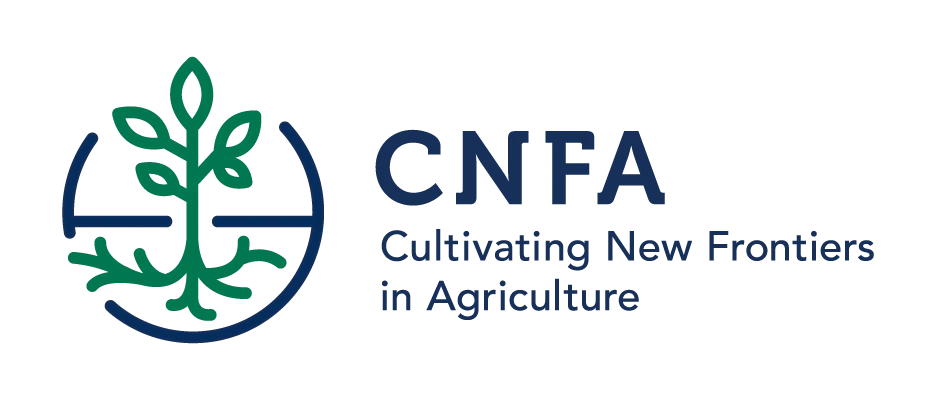
Durable Housing Technical Lead
Cultivating New Frontiers in Agriculture (CNFA)
18 Հուլիս 2024

Արտաքին Տնտեսական Կապերի Գծով Մասնագետ
Երևանի Գարեջուր
17 Հուլիս 2024

System Engineer Level I / II
MONT Armenia
17 Հուլիս 2024

Specialist(s) on Asbestos Screening
UNDP Armenia Office
17 Հուլիս 2024
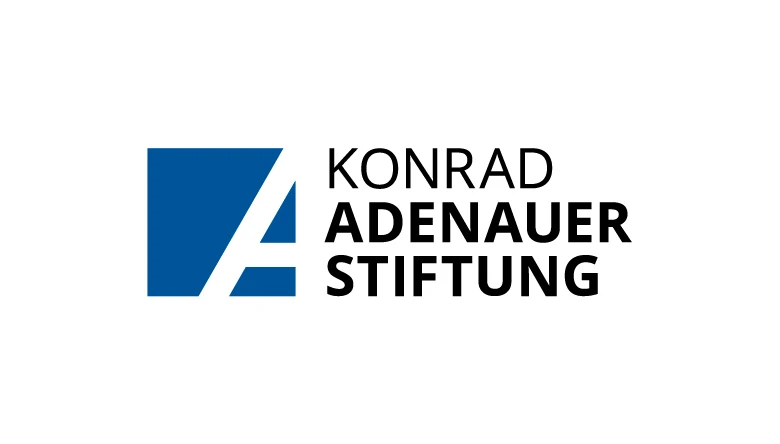
Evaluator for the Project "Leadership Academy Armenia"
Konrad-Adenauer-Foundation /Armenian Branch/
17 Հուլիս 2024

Փաստաթղթավարման Մասնագետ
Երևանի Գարեջուր
17 Հուլիս 2024

Call for Resumes, Roster USAID South Caucasus Regional Water Management Program
Armenian Branch of Deloitte Consulting Overseas Program
18 Հունիս 2024

Ռեզյումեների Ներկայացման Հայտարարություն
Armenian Branch of Deloitte Consulting Overseas Program
18 Հունիս 2024

Driver
Embassy of the United Arab Emirates in Yerevan
16 Հուլիս 2024

Accountant
Embassy of the United Arab Emirates in Yerevan
16 Հուլիս 2024

Support Center Specialist
VXSoft
16 Հուլիս 2024

Technical Support Specialist/ Programmer
VXSoft
16 Հուլիս 2024
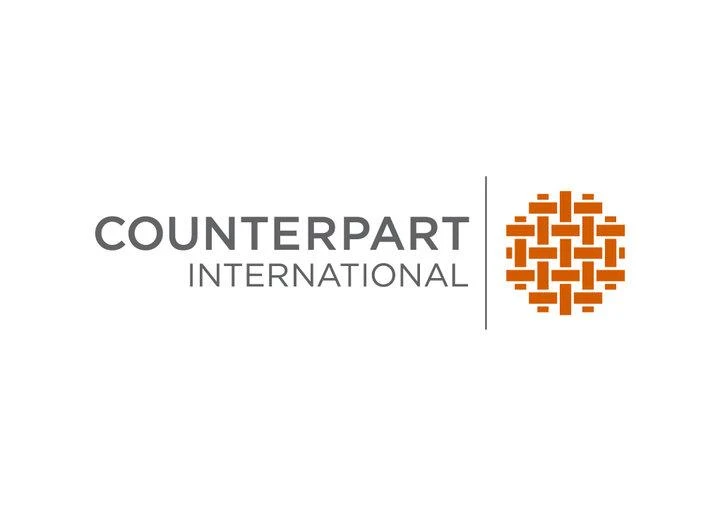
RFA for Armenian Community-based Organizations (CBOs)
Counterpart International Inc. Armenian Rep. Office
16 Հուլիս 2024

Auto Loan Officer
EvocaBank
16 Հուլիս 2024

Jeweler
EvocaBank
16 Հուլիս 2024

Accountant
EvocaBank
16 Հուլիս 2024

Loan Officer
EvocaBank
16 Հուլիս 2024

Պայմանագրային Ապահովման Բաժնի Ավագ Մասնագետ
EvocaBank
16 Հուլիս 2024

SME Lending Chief Specialist
EvocaBank
16 Հուլիս 2024

Operational Risk Management Senior Specialist
EvocaBank
16 Հուլիս 2024

SME Lending Senior Specialist
EvocaBank
16 Հուլիս 2024

Technical Monitoring Specialist
EvocaBank
16 Հուլիս 2024

Leasing Services Specialist
EvocaBank
16 Հուլիս 2024

Mobile App Product Owner
EvocaBank
16 Հուլիս 2024

Financial Analyst
EvocaBank
15 Հուլիս 2024

Ջրօգտագործողների Ընկերությունների Դերի/ Ներուժի Տարածաշրջանային Գնահատման Վերաբերյալ Իրավասու Կազմակերպությունների Կողմից Հայտերի Ներկայացման Հրավեր (ՀՆՀ)
Հարավային Կովկասի տարածաշրջանային Ջրային Ռեսուրսների Կառավարման Ծրագիր (ՀԿՋՌԿ)
15 Հուլիս 2024

RFA-Grants Competition for Regional Assessment of Role/Potential of Water Users Associations
USAID South Caucasus Regional Water Management Program (SCRWM)
15 Հուլիս 2024
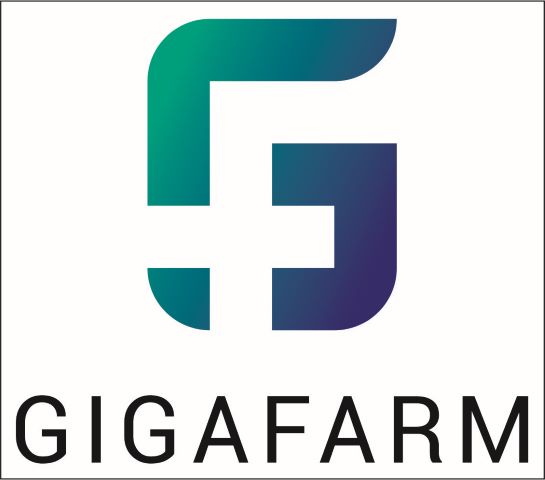
Բժշկական Ներկայացուցիչ
Giga Farm
15 Հուլիս 2024
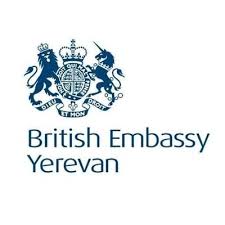
Communications Officer, AO
British Embassy Yerevan
15 Հուլիս 2024
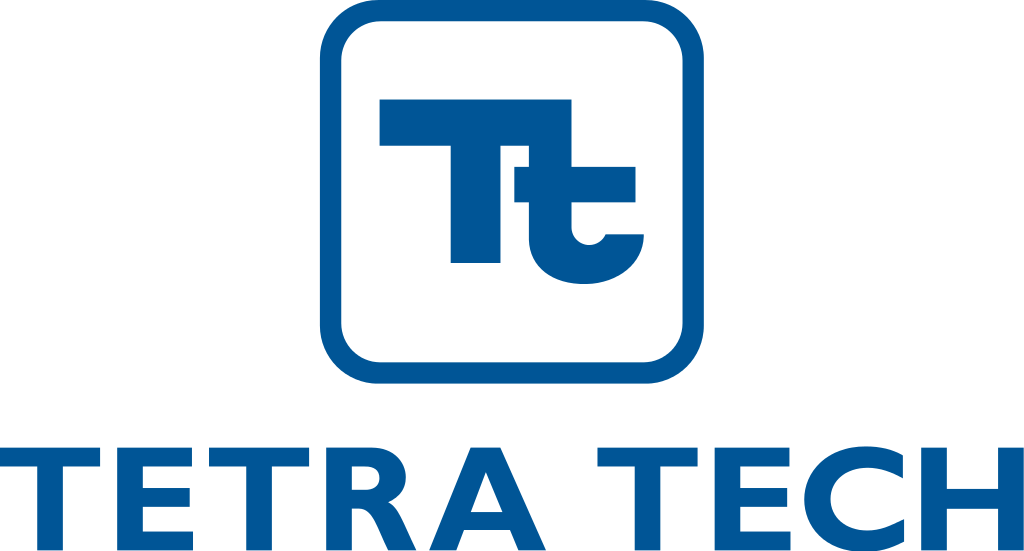
Advisor
Tetra Tech ES, Inc. Branch in Armenia
15 Հուլիս 2024

Senior Finance Manager for EU Funded Two Projects
Austrian Development Agency
15 Հուլիս 2024
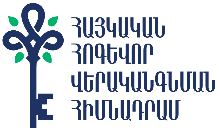
Գրասենյակի Համակագող
Armenian Spiritual Revival Foundation
15 Հուլիս 2024
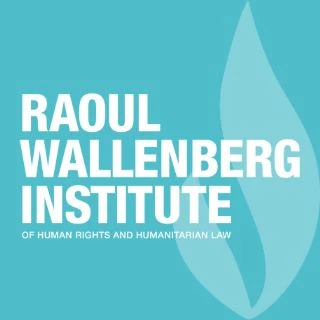
Junior Programme Associate (50%)
Raoul Wallenberg Institute of Human Rights and Humanitarian Law Armenian Branch
15 Հուլիս 2024

Wine Tour Guide
Tushpa Wine Cellar
12 Հուլիս 2024

Market Development Manager
Tushpa Wine Cellar
12 Հուլիս 2024
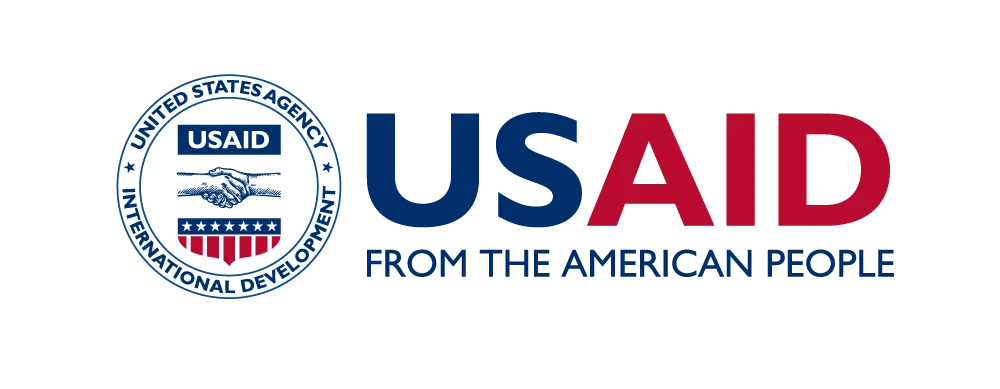
Annual Program Statement (APS) for the Award of Grants
South Caucasus Regional Water Management Program (SCRWM)
12 Հունիս 2024

ԴՐԱՄԱՇՆՈՐՀՆԵՐԻ ԾՐԱԳՐԻ ՏԱՐԵԿԱՆ ՀԱՅՏԱՐԱՐՈՒԹՅՈՒՆ
South Caucasus Regional Water Management Program (SCRWM)
12 Հունիս 2024

Customer Service Quality Management Specialist
EvocaBank
12 Հուլիս 2024

Provision of Services to Enhance the Accessibility Features of the Republic of Armenia Justice Academy Website
Development Professionals Inc.
10 Հուլիս 2024
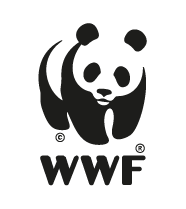
Individual Fundraising Officer
WWF Armenia
08 Հուլիս 2024
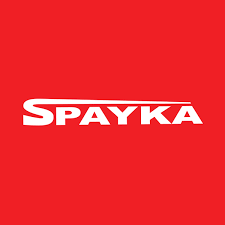
Դեբիտորական Պարտքերի Հաշվառման Բաժնի Հաշվապահ
Spayka
04 Հուլիս 2024
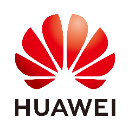
Administrative Specialist
Huawei Technologies Armenia
03 Հուլիս 2024
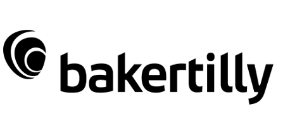
Senior Auditor
Baker Tilly Armenia
02 Հուլիս 2024

Card Product Senior Specialist
EvocaBank
02 Հուլիս 2024
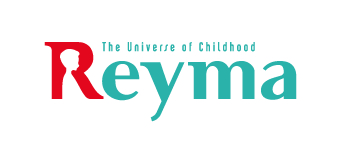
Manager Analyst
Navavan
02 Հուլիս 2024

Սպասարկման Մասնագետ
ArmSwissBank
01 Հուլիս 2024

Զանգերի Կենտրոնի Մասնագետ
ArmSwissBank
01 Հուլիս 2024

Բանվոր
Grand Candy
01 Հուլիս 2024

Content Manager of Marketplaces
Navavan
28 Հունիս 2024

Teller
Evocabank
24 Հունիս 2024
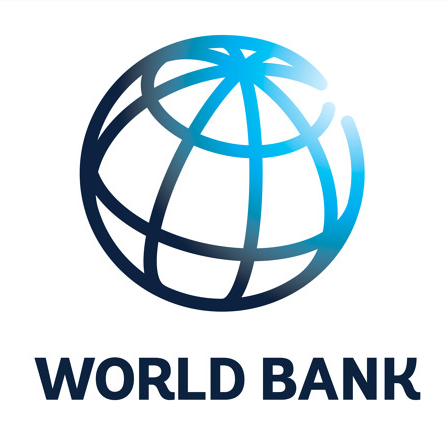
Call for Proposals for "Listening to Armenia" and "Listening to Georgia" Surveys in the South Caucasus Region
World Bank Yerevan Office
27 Սեպտեմբեր 2023
Call for Proposals for "Listening to Armenia" and "Listening to Georgia" Surveys in the South Caucasus Region
| Կազմակերպություն: | World Bank Yerevan Office Այլ |
|---|---|
| Դիմումների վերջնաժամկետ: | 12 October 2023 |

ՄՐՑՈւՅԹԻ ՏԵՍԱԿԸ :
Call for proposalsՄԱՆՐԱՄԱՍՆ ՆԿԱՐԱԳՐՈւԹՅՈւՆ :
The World Bank Poverty and Equity’s global practice has announced a call for proposals for "Listening to Armenia" and "Listening to Georgia" surveys in the South Caucasus region. World Bank is searching for companies who can conduct the initial baseline surveys followed by the high-frequency panel surveys in both countries, carry out 4,000 in-person "baseline" interviews with households in Armenia and Georgia respectively, utilizing tablets equipped with a Computer Assisted Personal Interview (CAPI) or a Tablet Assisted Personal Interview (TAPI) system. Before initiating fieldwork, the selected organization is expected to pilot the questionnaire, ensuring the precision of data collection.DUTIES AND RESPONSIBILITIES
The contracted firm's primary responsibilities related to the baseline survey include:
- Setting up a core supervision team;
- Translating the questionnaires into Armenian/ Georgian (or other local languages if needed) and Russian;
- Collaborating with the World Bank technical staff to pilot test the survey tools. 5
- Preparing the programming essential for data collection, such as equipping tablets;
- Submitting a comprehensive operational plan;
- Forming and organizing the fieldwork teams;
- Facilitating training sessions for the field teams;
- Procuring necessary permits from the Ministries, as well as from other pertinent government entities across country, district, and village levels;
- Overseeing and executing the assessments and surveys;
- Delivering a cleaned data set;
- Presenting a detailed report that captures an overview of the fieldwork.
ՊԱՀԱՆՋՆԵՐ :
Regarding the phone survey, the contracted firm's primary responsibilities will encompass:- Operating a call center to facilitate the ongoing L2Arm and L2Geo surveys;
- Periodically updating the survey questionnaires as directed by the team;
- Delivering a cleaned dataset monthly;
- Presenting a detailed report capturing an overview of the fieldwork.
ԴԻՄԵԼՈւ ԿԱՐԳԸ :
For more information, please visit the World Bank Procurement website: https://wbgeprocure-rfxnow.worldbank.org/rfxnow/public/advertisement/1728/view.htmlԽնդրում ենք Ձեր նամակում հստակ նշել, որ այս աշխատանքի հնարավորության մասին տեղեկացել եք Կարիերայի կենտրոնի վեբ-կայքից և նշեք կայքի հղումը՝ www.careercenter.am։ Շնորհակալություն.
ԿԱԶՄԱԿԵՐՊՈւԹՅԱՆ ՄԱՍԻՆ :
After attaining independence from the Soviet Union in 1991, the Republic of Armenia inherited a highly centralized health system skewed towards specialized and hospital care with marked inequality in service provision between rural and urban areas. In this model, provision of health services was essentially free for the entire population. However, because of the political and economic challenges post - independence, the significantly reduced government budget on health care could not sustain the oversized and overstaffed Semashko model health system. Over the past two decades, reforms in primary health care, hospital optimization, purchasing arrangements, and a rise in the standard of living have supported improvements in life expectancy.However, public expenditure on health care in Armenia is low and the gaps in health financing have been filled by household-level spending. At above 85% of current health expenditure, Armenia has one of the highest levels of out-of-pocket payments (OOPs) in the world, with attendant financial barriers in health care access. For nearly one in five Armenians, the cost of care is the main barrier to using health services when needed. Furthermore, Armenia has lower levels of outpatient health care use than comparator countries in the region. This has implications for population health and productivity. About 3,000 deaths annually could be prevented with improved access to and quality of care. Also, chronic diseases, the management of which is facilitated by high-quality primary health care access, account for 500,000 years of life lost, 280,000 years lived in disability, and 360 billion AMD lost annually.
Hence, in 2019, the Ministry of Health (MoH) launched public discussions on health financing and service delivery reforms to address the challenges to improving access to quality care, including the high levels of OOP health expenditures. The initial proposal was published in draft “Concept Note for the Introduction of Universal Health Insurance” for public review and debate. The proposal includes reforms in domestic resource mobilization, strategic purchasing, and service delivery, encompassing the introduction of earmarked taxes for health, an increase in prioritization of health services in the state budget, establishing a new and independent purchaser, introduction of selective contracting of providers that meet defined service standards, performance-based payments that reward improvements in quality of care, and adopting a systematic process for reviewing the benefits package.
The reform proposal is under revision to address comments from national stakeholders and international experts, and to further tailor the reform components to the health system challenges. At the request of the Ministry of Health, a multidisciplinary World Bank team has undertaken rigorous analysis to inform the reform design and facilitated knowledge exchanges with other countries. Reports capturing the findings of these analyses have been published under the “Technical Support for Universal Health Coverage in Armenia” series. Pending completion are the revised actuarial costing of the benefits package led by the Ministry of Health, a comprehensive assessment of the performance of primary health care and integration of service delivery, and an operational roadmap for hospital quality assurance developed with support from the Korean Health Insurance and Review Assessment Service.
